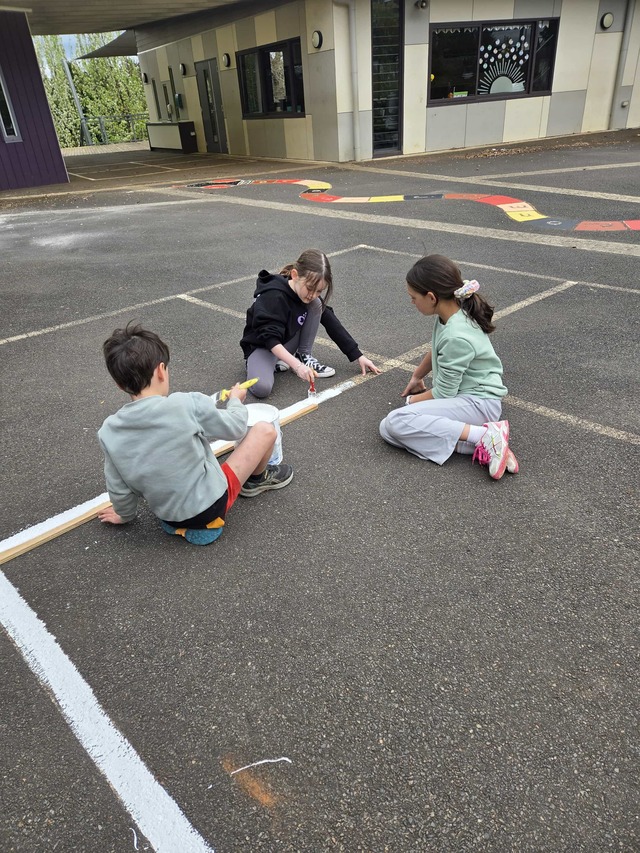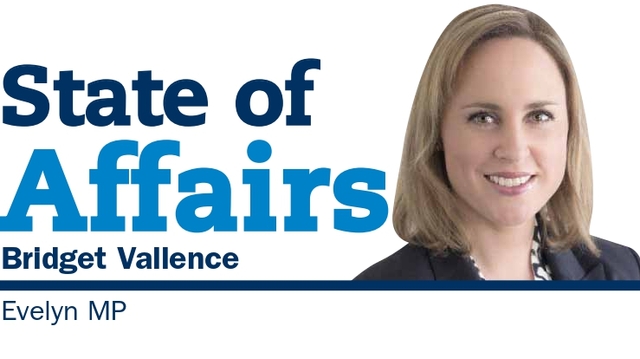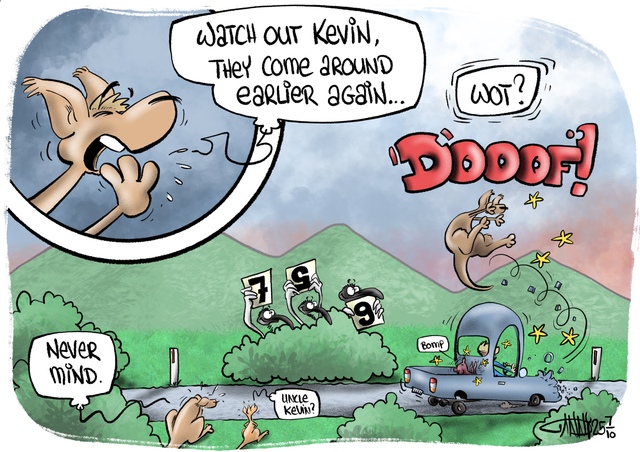By Kath Gannaway
THE death of Peter Kaal on 26 October was not sudden but it was unexpected.
His partner of 25 years, Joy Murphy-Wandin, and other family members and friends, are still grappling with the disbelief that a disease few knew existed, Wegener’s granulomatosis, could strike down the fit, healthy 60-year-old who was known for his huge smile and great capacity to enjoy life.
Ms Murphy-Wandin said Mr Kaal was being treated with antibiotics for the flu-like symptoms which they discovered later are common to the disease, and then for pneumonia.
She said doctors discovered the disease when they carried out a biopsy.
“We didn’t know he had Wegener’s granulomatosis until seven days before he died and the way he died, the invasive treatments, were not how Peter should have had to die,” Ms Murphy-Wandin said.
“There are lessons to be learned through Peter’s death,” says Ms Murphy-Wandin who is best known for her high-profile role in advocating for recognition of the rights and cultural identity of Aboriginal people.
Those lessons, she says, are about two things. First, families should ensure they are informed about the patient’s disease and the treatment they are receiving, and the families should remain abreast of their progress.
Secondly, that patients and their families have a right to share a dignified death.
“He was on to his second lot of antibiotics when X-rays came back showing lower respiratory infection, on top of an upper respiratory infection.
“It was over eight days (on antibiotics) and he was not improving,” she said.
Ms Murphy-Wandin said the family went through 33 devastating days of emotional, mental and physical demands.
While she said the hospital staff had been wonderfully supportive, she believes more could be done to ensure people – patients and their families – are aware they have options when it comes to death.
“He would have wanted to look dignified, but he was not in the end because of the tubes and other treatments,” she said.
Ms Murphy-Wandin said faced with a situation that was so sudden and so overwhelming, it was impossible to take in all the information being given, or to think clearly to make decisions.
She said she would like to see hospitals provide someone, in the way courts do, to advocate and to ask questions as an independent person.
“My campaign now, as a tribute not just to Peter, but to all others who face this situation, will be to encourage people to ask more questions and to promote a dignified death, if it is at all possible, as a basic human right.”
A spokeswoman for Maroondah Hospital said communication with patients and their families was very important.
She said this was especially so with the families of people in intensive care.
“Patients who are in the intensive care unit are generally in a very serious condition and will have a range of complex and chronic illnesses,” she said.
“Often it will take some time to make a diagnosis due to the complexity of the presentation, and of the illness itself.
“That’s why it can take time to make a final diagnosis, but along the way as tests and X-rays are being carried out, and as a diagnosis is becoming clearer, treatment options are being administered in consultation with families.
“We certainly encourage communication between families and the hospital,” the spokeswoman said. “We want families to keep asking questions and we will keep informing them. It’s so important to do that. It’s important that everybody knows what is going on.”
Lessons learned from shock death
Digital Editions
-

It’s Football Suspiria
Him Starring Tyriq Withers and Marlon Wayans MA15+ 3.75/5 At just 96 minutes, Him is a swift, unsettling psychological horror film that doesn’t overstay its…





